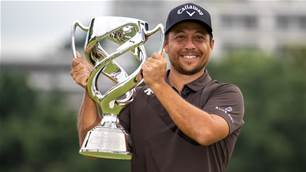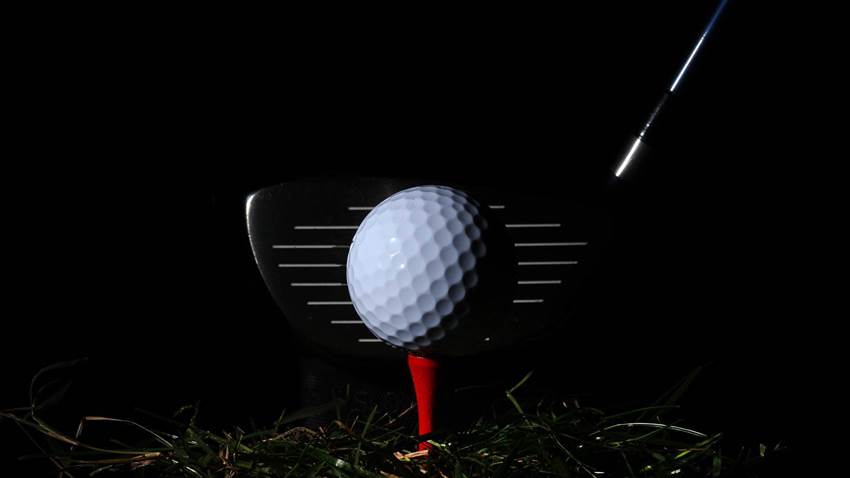Several players were deemed to be using non-conforming drivers at last week's Safeway Open in California as the new PGA Tour testing procedure swung into full gear, Reuters has learned.
But some players are questioning the accuracy of the Tour's testing procedure, and have sent their drivers back to their various manufacturers for re-testing.
The non-conforming drivers are from across the manufacturing spectrum, including at least three major brands, two insiders with knowledge of the matter said.
It is believed Corey Conners, Robert Streb, Jason Dufner, Michael Thompson and Mark Hubbard were among those whose drivers did not pass the test.
The Tour began random testing of 30 drivers at tournaments at the start of the 2019-2020 season.
There are no suggestions manufacturers are making clubs that are not within the game's rules, which limit the spring-like effect when the clubface makes contact with the ball.
But drivers can become non-conforming over time through normal use as the club "creeps" beyond the allowed limits.
"They all start off legal and then the face starts to deform and the CT number increases..."
The tests are performed on a pendulum device calibrated by the United States Golf Association (USGA) in accordance with test protocols.
The device measures what is known as "characteristic time" or CT, the amount of time, measured in microseconds, that there is contact between the clubface of a driver and the ball used in the testing apparatus at the moment of impact.
The players whose drivers were deemed non-conforming this week had to use replacement clubs at the tournament in Napa, though they did so on an honour system as all the testing was done pre-tournament.
The issue first made headlines at this year's Open Championship when World No.10 Xander Schauffele’s driver was deemed non-conforming in a test conducted by the R&A, the game's governing body outside of North America.
An equipment manufacturer representative explained the process by which drivers can become non-conforming.
"They all start off legal and then the face starts to deform and the CT number increases," he told Reuters, explaining that even non-conforming clubs confer little if any advantage.
"It doesn't necessarily correlate to higher ball speed," said the representative. "This will become a non-topic next year."
Nevertheless, several players whose drivers tested as non-conforming have contacted the Tour's point man on the issue, Tyler Dennis, questioning the results and demanding greater transparency.
According to an insider, Dennis has declined to discuss specifics of the results with players, citing the need for confidentiality.
"We will not be commenting publicly on items such as the PGA Tour tournaments scheduled for testing or results from testing," Joel Schuchmann, vice president of communications, said in an email to Reuters.
- Andrew Both, Reuters
Related Articles

Two-time Major champ Fuzzy Zoeller dies, aged 74

Winner’s Bag: Xander Schauffele – Baycurrent Classic













